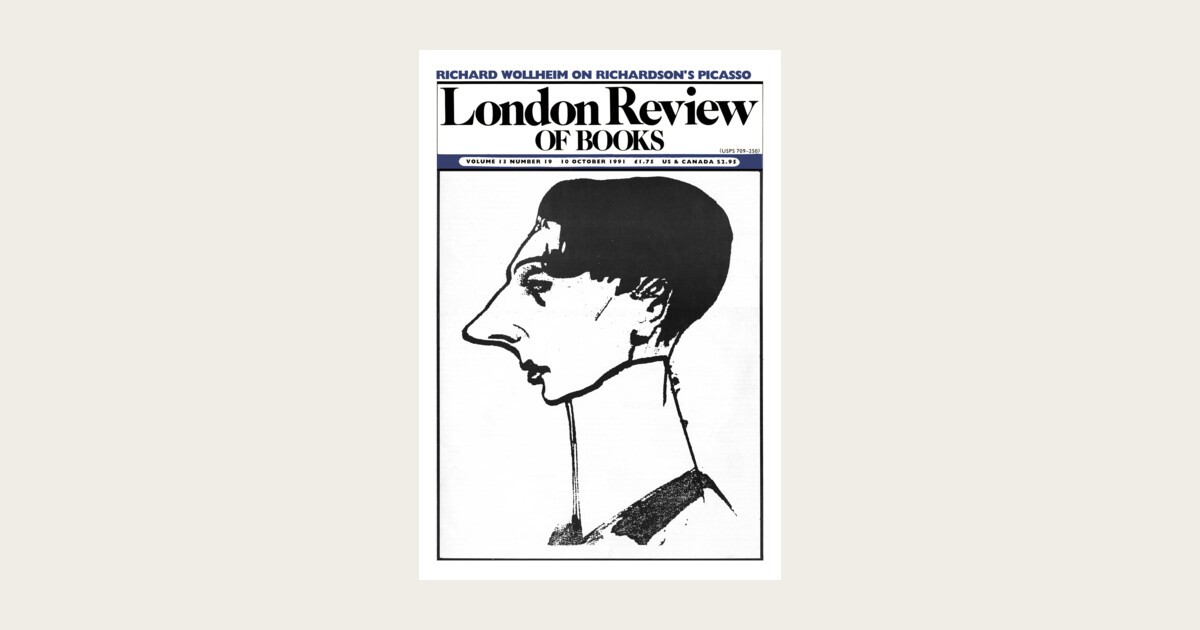Benny Bunter
Well-known member
Golding's version of the Caledonian Boar hunt is great, so brutal and vivid, never a dull moment
It's an interesting one, because I think for a translator to accurately translate poetry they would often have to take the literalist route of Nabokov translating Pushkin, rendering the results bad poetry in English. The other route is to write good poetry in English, which as you say involves taking liberties."In his introduction to Tales from Ovid, Hughes described the author ofMetamorphoses as being “of little use” as a guide to the historic, original forms of the myths. Ovid is an “adaptor” who only takes up the stories which “catch his fancy” and who engages with each story only to the extent that it “liberates his own creative zest” [4]. In Tales from Ovid Hughes too is an adaptor and, as we will see, his late interest in the adaptation of myth relates to the poetic he employs in Birthday Letters. "
Tales from Ovid — The Ted Hughes Society
thetedhughessociety.org
Thine eldest Nephew was a cause of care and sore distresse.
Whose head was armde with palmed hornes, whose own hounds in y wood
Did pull their master to the ground and fill them with his bloud.
But if you sift the matter well, ye shall not finde desart
But cruell fortune to have bene the cause of this his smart.
For who could doe with oversight? Great slaughter had bene made
Of sundrie sortes of savage beastes one morning, and the shade
Of things was waxed verie short. It was the time of day
That mid betweene the East and West the Sunne doth seeme to stay;
When as the Thebane stripling thus bespake his companie, … [III.170]
Still raunging in the waylesse woods some further game to spie.
Our weapons and our toyles are moist and staind with bloud of Deere:
This day hath done inough as by our quarrie may appeare.
Assoone as with hir scarlet wheeles next morning bringeth light,
We will about our worke againe. But now Hiperion bright
Is in the middes of Heaven, and seares the fieldes with firie rayes.
Take up your toyles, and ceasse your worke, and let us go our wayes.
Destiny, not guilt, was enough
For Actaeon. It is no crime
To lose your way in a dark wood.
It happened on a mountain where hunters
Had slaughtered so many animals
The slopes were patched red with the butchering places.
When shadows were shortest and the sun's heat hardest
Young Actaeon called a halt:
'We have killed more than enough for the day.
'Our nets are stiff with blood,
Our spears are caked, and our knives
Are clogged in their sheaths with the blood of a glorious hunt.
Let's be up again in the grey dawn -
Back to the day afresh. This noon heat
Has baked the stones too hot for a human foot.'
He makes these mythical tales seem real, and authentically tragic."... as the pack
Poured onto him like an avalanche.
Every hound filled its jaws
Till there was hardly a mouth not gagged and crammed
With hair and muscle. Then began the tugging and the ripping.
Actaeon's groan was neither human
Nor the natural sound of a stag.
Now the hills he had played on so happily
Toyed with the echoes of his death-noises.
His head and antlers reared from the heaving pile.
And swayed - like the signalling arm
Of somebody drowning in surf..."
The most useful thing that Pound says is the tip that he gives in his last sentence: ‘Again as in the case of Golding, the reader must read it as prose, pausing for the sense and not hammering the line-terminations.’ This Golding is Arthur Golding, who published in 1567 Ovid’s Metamorphoses translated into couplet-rhyming fourteeners. Earlier in ABC of Reading Pound had enthusiastically exhibited excerpts from this work, and had added: ‘The reader will be well advised to read according to sense and syntax, keep from thumping, observe the syntactical pause, and not stop for the line ends save where sense requires or a comma indicates.’

From that little extract I'd say the Golding's much more energetic, you romp your way through it as you pick up the rhythm. Hughes is more sombre and serious, not to say it's bad but not as fun to read.Interesting reading Golding's "Acteaon" here https://sourcetext.com/arthur-goldings-ovids-metamorphoses/
Golding's romps along in heroic couplets, which has the effect (for me) of rendering even tragic things quite sunny and cheery. Hughes's version is very sparse, sober, solemn.
Obviously I'm not going to type out Hughes's version in full but here's a quick comparison of the openings
Golding
Hughes
Perhaps not the best bit to compare because for me Hughes's version is particularly good in evoking physicality and violence, e.g.
He makes these mythical tales seem real, and authentically tragic.
Not sure what the original tone of Ovid is. Perhaps the originals were light and musical.
